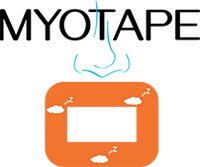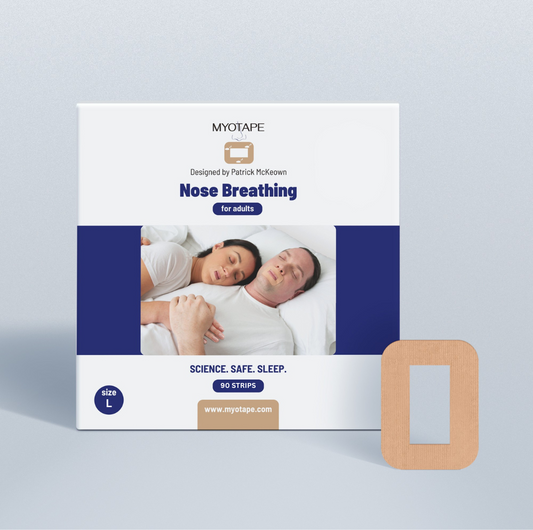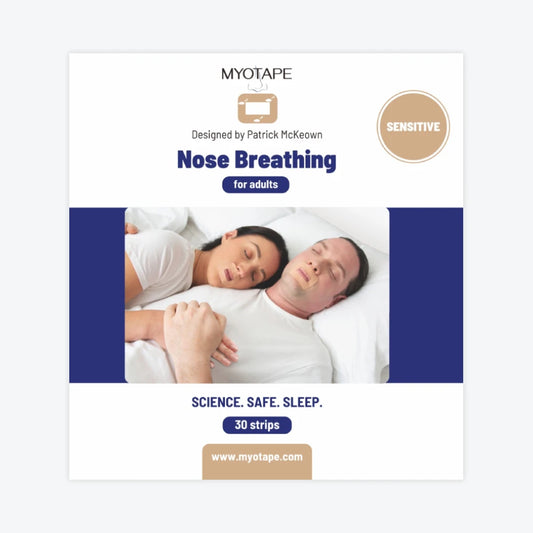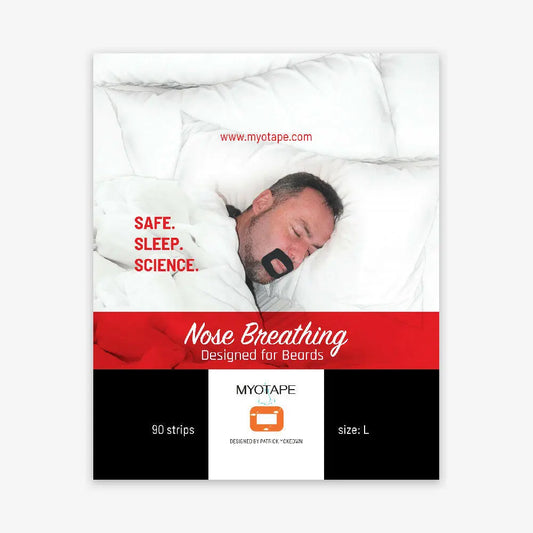Persistent mouth breathing can affect how children function in school and in social settings. It can also lead to sleep problems and behaviors similar to those seen in children with attention-deficit hyperactivity disorder (ADHD).
The Science
In 2021, researchers studied 100 children (70 boys and 30 girls) to see how persistent mouth breathing affects their school performance and social life (Kalaskar et al., 2021). The study found that 73% of these children had trouble paying attention in school, and 66% showed signs of hyperactivity, like having trouble waiting for their turn. This study aimed to understand the link between mouth breathing, sleep disturbances, and ADHD symptoms in children.
Key Findings from the Study
- Attention Issues: 73% of the children who breathed through their mouths had trouble paying close attention in school. This was the most common symptom of inattention observed.
- Hyperactivity Symptoms: 66% of these children had signs of hyperactivity, such as having trouble waiting for their turn. This was the most common symptom of hyperactivity noted.
- Sleep Problems: The study used the Children's Sleep Habits Questionnaire (CSHQ) to measure sleep issues. The highest scores were found in sleep-disordered breathing, followed by sleep onset delay (trouble falling asleep) and daytime sleepiness. Put simply, these findings mean that mouth breathing can lead to several sleep issues, making it hard for children to get a good night's rest.
- ADHD Diagnosis: Seven children met the full criteria for ADHD. The study found that shorter sleep duration and more daytime sleepiness were linked to higher levels of hyperactivity. Also, more daytime sleepiness was associated with more inattention.
What Does This Mean?
If your child breathes through their mouth, they might have trouble paying attention in school. The study found that many children with mouth breathing struggled with paying attention. Thus, by addressing mouth breathing early, you can help your child focus better in school and improve their academic performance.
In addition, mouth breathing can also lead to hyperactivity, making it hard for your child to wait their turn or stay still. The study showed that children with shorter sleep durations and more daytime sleepiness were more hyperactive. Ensuring your child gets enough sleep and addressing mouth breathing can help reduce these hyperactive behaviors.
Lastly, identifying and correcting mouth breathing early can prevent unnecessary exposure to ADHD medications. Many children diagnosed with ADHD might have sleep disturbances due to mouth breathing. By simply stopping mouth breathing, you can improve your child's sleep quality and reduce symptoms that mimic ADHD, leading to better overall health and well-being.
A safe and effective way to help your children breathe through their nose is by visiting the kids’ corner where you can find simple breathing exercises for kids. You can also give your child the gift of a restful sleep with MyoTape for Kids. Our gentle and effective mouth tape, designed by recognized breathing expert, Patrick McKeown, encourages nasal breathing, improves sleep quality, and supports overall health.
References:
Kalaskar R, Bhaje P, Kalaskar A, et al. Sleep Difficulties and Symptoms of Attention-deficit Hyperactivity Disorder in Mouth Breathing. Int J Clin Pediatr Dent 2021;14(5):604–609. https://www.ncbi.nlm.nih.gov/pmc/articles/PMC8645617/








